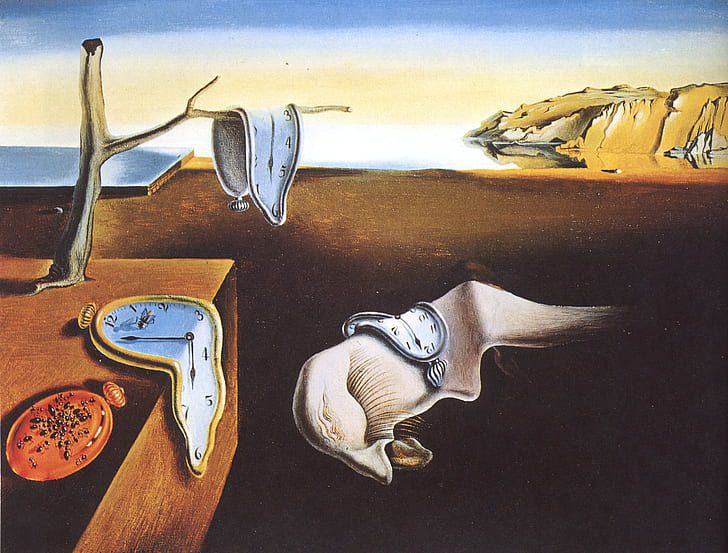Why your dreams are important? Do dreams have a meaning? What causes dreaming? And finally, is it possible to improve your life by improving your dreams?
Above are questions that definitely make us wonder from time to time.
No matter how mysterious, entertaining or scary our dreams can be are part of our existence and too many of us dreaming seems like a secondary life experience.
Poets, painters, writers and musicians have dedicated their life’s work to exploring the artistic aspect of dreams. important work of art in dreams.
Greeks worshiped a God of dreams. They named him Morpheus, derived from the word “morphi”, meaning shape, Morpheus, according to ancient Greek mythology, was “the most skilled in representing the gait, the features and the speech of men”. Morpheus’ skill was the “Somnia” (dream shapes), mimicking many forms.
How poetic the name “Morpheus” is, let alone conception…
Substantially the dreams are actually images placed in order that form stories our mind creates while our body is in a sleeping state. Most of us might dream for about 2 hours during an 8-hour sleep, in the REM phase.
The emotional range of our dreams is consistent with our general emotional experiences when awake. For example tension, anxiety and depression in our waking life impacts our dreams. Same as cheerfulness, happiness and fulfillment. Therefore, a balanced emotional life is important for a good night’s sleep with beautiful dreams.
Dreams actually help the brain process the daily events in our lives and file them in terms of importance, as well as understanding the emotional impact that each event has on us. Many doctors dedicate entire treatment therapies that analyses our dreams and what lessons can be derived from them. Sigmund Freud is considered a “father” amongst them, believing that dreams are revealing our desires and motivation.

- Dreams help us learn. The wise say, if you are undecided “sleep on it”. This is true as a good night’s sleep can leave us with more clarity. Dreams, according to a Harvard study in Current Biology, improve memory.
- Dreams provide emotional healing. Even though what we are dreaming is not real, the emotions attached are. While dreaming we are processing emotions which is one of the most important steps towards healing.
- Dreams improve our sleep. Dreams, according to Freud are “guardians of sleep”. Scientists nowadays call it REM state of sleeping.
- They can help to overcome our fears. Even if we have a fear of height, we might dream we are flying or see ourselves standing at the edge of a tall mountain gazing down on the world. This can help to free us from our pre-existing fears.
Here are a few tips that will help to improve your sleep, remember your dreams & have a better life:
1. Morning light therapy
For most people, exposure to sunlight is most beneficial if it occurs in the morning just after waking and typically within the first hour after getting out of bed. Getting morning sunlight can help you sleep better at night.
IDEAL: 30 min of Light Exposure
2. Keep working out
Exercising just three times a week for 20-30 minutes will have a noticeable impact on the quality of your sleep, as well as your overall health and fitness.
FACT: A national survey found that over 55% of people who did yoga before bedtime, found that it helped them get better sleep.
3. Avoid large meals before bedtime
Being too full at bedtime can also interfere with falling asleep and dreaming quality through the night can be disrupted as the body works to digest.
FACT: The best time to eat dinner is 3 hours before bedtime, allowing the stomach to properly digest and focus on preparing for sleep
4. Decrease your day and night time electronic use
Using electronic devices for long periods during the day can negatively impact sleep.
IDEAL: Establish a relaxing bedtime routine. The hour before bed should consist of relaxing activities that don’t involve devices with screens.
5. Breathe better, sleep better
Mindful breathing practices such as 4-7-8 breathes* can produce a relaxation response.
* breathing in for 4 seconds, holding the breath for 7 seconds, and exhaling for 8 seconds
“If you can dream it, you can do it.”
– Walt Disney





